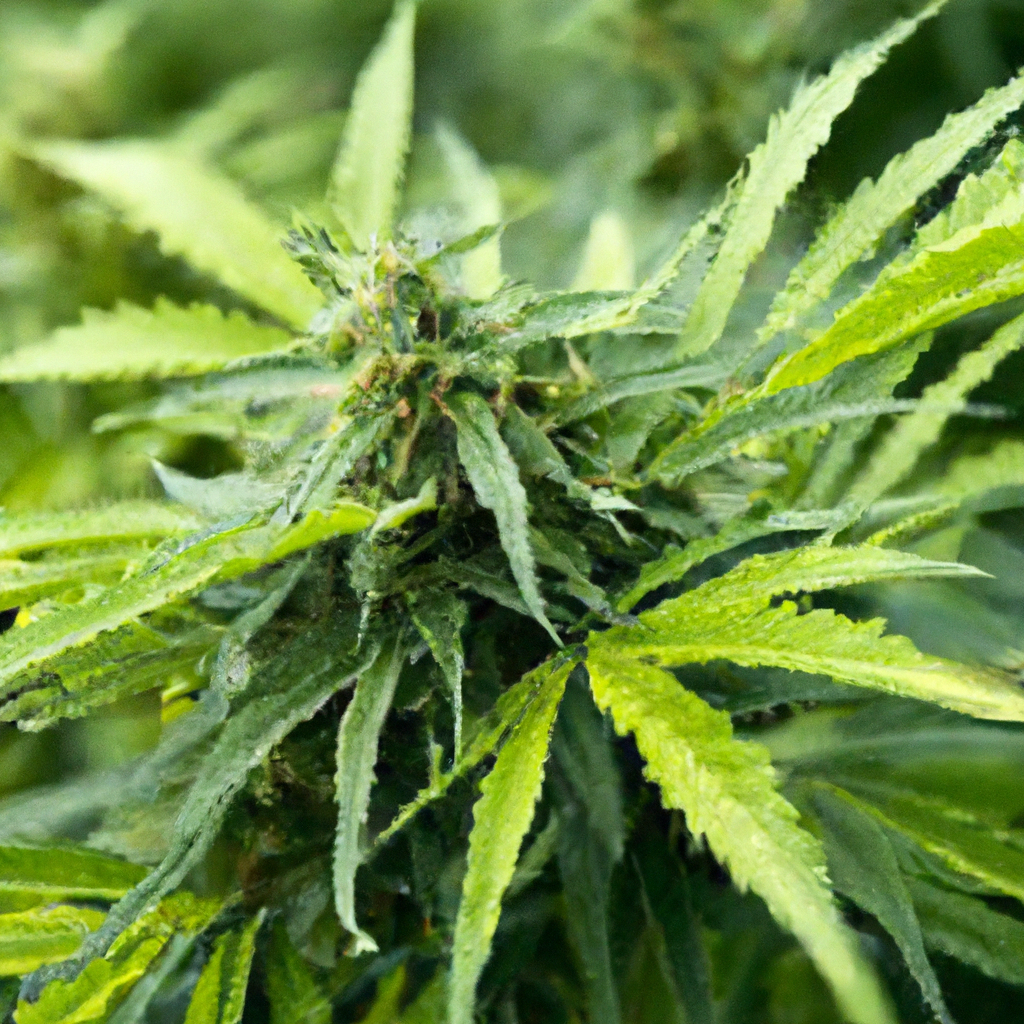Your cart is currently empty!
Cannabis continues to make headlines, not just for its therapeutic properties and economic potential, but also for its environmental impact. As the world grapples with the increasing challenge of climate change, cannabis cultivation is emerging as a sustainable agricultural practice, playing a role in reducing carbon footprints. In this article, we’ll delve into how cannabis can contribute to environmental preservation and help combat climate change.
The Carbon Sequestration Power of Cannabis
Cannabis plants, like all green plants, absorb carbon dioxide (CO2) during photosynthesis. However, cannabis has a unique advantage: its rapid growth cycle enables it to absorb significant amounts of CO2 in a short time. This ability to sequester carbon makes cannabis a promising ally in reducing atmospheric carbon levels, a critical factor in fighting climate change.
Sustainable Cultivation Techniques
Farmers and cultivators are adopting sustainable practices to minimize the environmental footprint of cannabis cultivation. Here are some top techniques:
- Composting: Utilizing organic waste from cannabis plants to create nutrient-rich soil amendments, reducing the need for synthetic fertilizers.
- Integrated Pest Management (IPM): Employing natural predators and organic solutions to manage pests, reducing reliance on chemical pesticides.
- Water Conservation Methods: Implementing advanced irrigation techniques such as drip irrigation to minimize water use.
- Renewable Energy Usage: Investing in solar and wind energy systems to power indoor cultivation facilities, lowering carbon emissions.
Case Study: A Cannabis Farm’s Green Transformation
In California, a leading cannabis farm has demonstrated sustainability by integrating solar panels to power their greenhouses. This shift to renewable energy sources has significantly reduced their carbon footprint while cutting operational costs. Moreover, the farm has implemented rainwater harvesting systems to further conserve water, setting a benchmark for eco-friendly cannabis cultivation.
The Future: Cannabis and Climate Control
As the demand for cannabis grows, so does the opportunity to innovate and develop more sustainable practices. Future technologies, such as AI-driven climate control systems, can optimize growing conditions and reduce energy consumption. Moreover, community and governmental support for green cannabis practices can lead to regulatory frameworks that encourage sustainable development across the industry.
Conclusion
Cannabis could play a vital role in mitigating climate change impacts due to its carbon sequestration capabilities and the adoption of sustainable cultivation practices. As we look toward a greener future, embracing eco-friendly initiatives in cannabis farming will not only benefit the environment but also guide other agricultural sectors toward sustainability.
For those passionate about the synergy between cannabis and environmental sustainability, this is the time to support and engage with methods that promote a sustainable planet.
Discover more from Magic Clones
Subscribe to get the latest posts sent to your email.


Leave a Reply